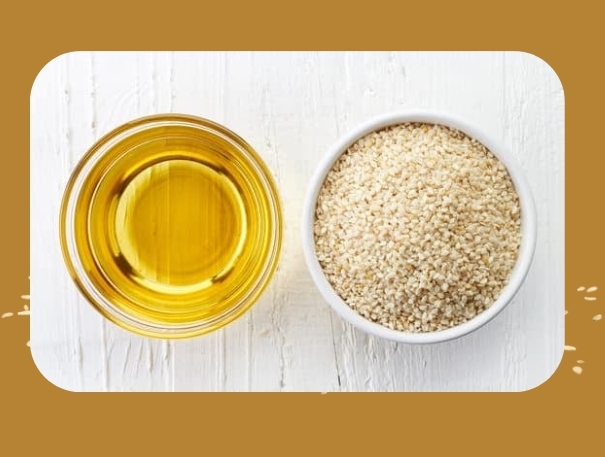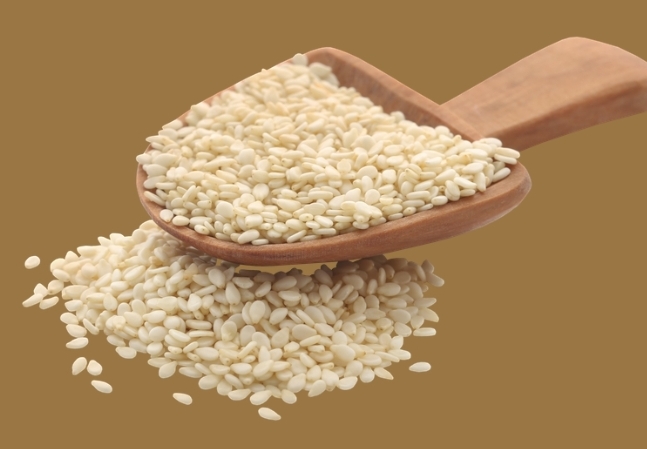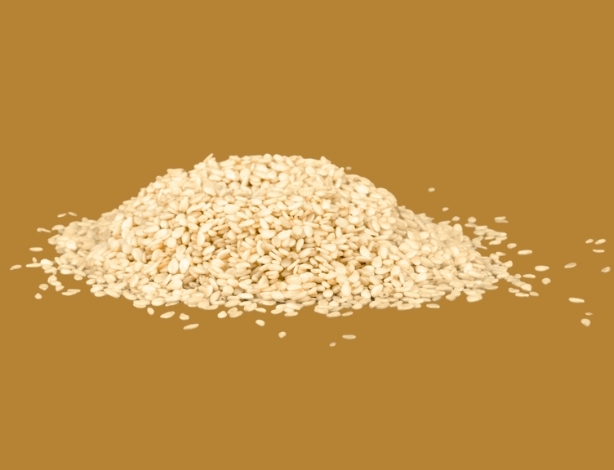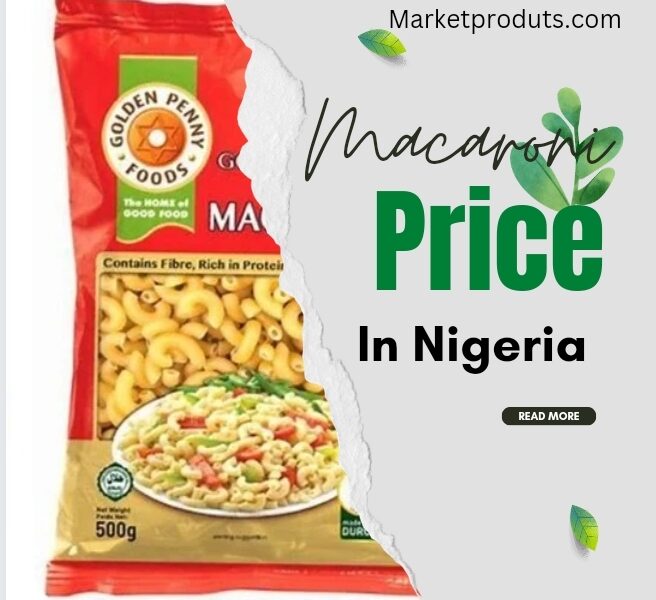Sesame seeds are among the oldest oilseed crops known to humanity, and Nigeria has emerged as one of the key producers and exporters of these nutritious seeds. In this article, we delve into the intricacies of the sesame seed price in Nigeria, exploring factors influencing its price dynamics, current trends, major players, challenges, and strategies for price management.
Importance of Sesame Seeds

Sesame seeds are renowned for their rich nutritional profile, containing essential minerals, vitamins, and healthy fats. Additionally, they hold significant economic value, contributing to the livelihoods of many farmers and playing a crucial role in the country’s agricultural exports.
Factors Affecting Sesame Seed Prices
The price of sesame seeds in Nigeria is influenced by various factors, including supply and demand dynamics, weather conditions affecting crop yields, and government policies and regulations governing the agricultural sector. Fluctuations in these factors can lead to volatility in prices, impacting both producers and buyers.
Read more: How Much Is bag of cement in Nigeria
Current Market Trends
Recent years have seen fluctuations in sesame seed prices in Nigeria due to various factors such as changes in global demand, currency fluctuations, and local production levels. Export and import statistics provide insights into the country’s position in the international sesame seed market. As at today , the current market price of sesame seed per kg is 2500 Naira directly from the north , there might be some changes in price in southern and eastern part of the country.
Major Players in the Market
Nigeria boasts a diverse range of stakeholders in the sesame seed industry, including local producers, exporters, and importers. Understanding the roles and contributions of these players is essential for comprehending the dynamics of the market.
Challenges Faced by the Industry
Despite its potential, the sesame seed industry in Nigeria faces several challenges, including issues related to quality control, inadequate infrastructure, and limited access to technology. Addressing these challenges is crucial for sustainable growth and competitiveness in the global market.
You can also read: How Much is Tomato Rice 25kg?
Strategies for Price Management
To mitigate the impact of price fluctuations, stakeholders in the sesame seed industry can adopt various strategies, including diversifying export markets, investing in technology for improved efficiency and quality control, and strengthening value chains.
Despite the challenges, the future outlook for the sesame seed industry in Nigeria remains promising. With increasing global demand for nutritious and sustainable food products, there are ample opportunities for growth and innovation in the sector.
Where To Buy Sesame Seeds In Nigeria

In Nigeria, acquiring sesame seeds can be an essential endeavor for those seeking to incorporate this versatile ingredient into their culinary repertoire or for commercial purposes.
While numerous markets and local suppliers offer sesame seeds across the country, certain areas stand out as prime destinations for sourcing this coveted ingredient. In bustling cities like Lagos, Kano, and Abuja, markets such as Balogun Market, Kano Grain Market, and Wuse Market are renowned hubs where sesame seeds are readily available.
These markets boast a wide array of vendors specializing in various spices, grains, and seeds, including sesame, providing consumers with options to select from based on quality, quantity, and price.
Moreover, the advent of e-commerce platforms has facilitated the accessibility of sesame seeds to a wider audience in Nigeria. Online marketplaces such as Jumia, Konga, and Farmcrowdy offer a convenient avenue for purchasing sesame seeds from the comfort of one’s home or office.
With just a few clicks, customers can browse through multiple vendors, compare prices, and select the desired quantity of sesame seeds for delivery to their doorstep. This digital revolution in retail not only enhances convenience but also promotes transparency and competition, ensuring consumers have access to high-quality sesame seeds sourced from reputable suppliers across Nigeria.
Whether through traditional markets or online platforms, procuring sesame seeds in Nigeria has become more accessible, catering to the diverse needs of consumers and businesses alike.
How Much Is 100kg Of Sesame In Nigeria?
In Nigeria, the price of 100 kilograms of sesame seeds can fluctuate depending on various factors such as market demand, quality of the seeds, and current economic conditions. As of recent assessments, the price of sesame seeds in Nigeria typically ranges from ₦250,000 to ₦300,000 for 100 kilograms.
However, it’s important to note that these figures are subject to change due to market dynamics and other influences. Sesame seeds hold significant value in Nigeria’s agricultural sector, being a crucial ingredient in various cuisines and an essential export commodity, contributing to the country’s economic growth and agricultural sustainability.
Which State Produces Sesame Seed In Nigeria?
Nigeria, known for its rich agricultural diversity, boasts several states contributing to the production of sesame seeds. Among these states, Kano, Jigawa, Katsina, Benue, and Nassarawa stand out as key players in sesame cultivation. The favorable climate and soil conditions in these regions provide an ideal environment for the growth of sesame crops.
Additionally, the farmers’ expertise and traditional farming practices further enhance the quality and yield of sesame seeds. With its nutritional value and versatile applications, sesame production not only supports local economies but also contributes significantly to Nigeria’s agricultural sector, reinforcing the country’s position as a vital player in the global sesame market.
How lucrative is sesame farming in Nigeria?
Sesame farming in Nigeria has emerged as a lucrative venture, offering promising returns to farmers across the country. With its adaptability to various soil types and climates, sesame cultivation has become increasingly popular among Nigerian farmers. The demand for sesame seeds, both domestically and internationally, has seen a significant rise due to its versatile applications in the food, pharmaceutical, and cosmetic industries. Nigeria, being one of the top producers of sesame seeds globally, enjoys a competitive edge in the market, attracting buyers from around the world.
Moreover, sesame farming presents an opportunity for farmers to diversify their agricultural activities and generate substantial income. The crop requires minimal inputs and management, making it a cost-effective option for smallholder farmers. Additionally, the high market value of sesame seeds ensures that farmers can fetch good prices for their produce, contributing to improved livelihoods and economic growth in rural areas. With proper investment in research, infrastructure, and market access, sesame farming holds the potential to further boost Nigeria’s agricultural sector and enhance its position as a leading player in the global sesame market.
You can also read: How much is Indomie Super pack
Which Countries Buy Sesame seeds from Nigeria?
Nigeria, renowned for its agricultural diversity, is a significant exporter of sesame seeds, contributing substantially to the global sesame trade. Among the countries eager to procure Nigerian sesame seeds are China, Japan, India, Turkey, and the United States. These nations recognize the superior quality and nutritional value of Nigerian sesame seeds, which are cultivated in various regions across the country.
Nigeria’s favorable climate and fertile soil contribute to the cultivation of high-quality sesame seeds, making it an attractive choice for international buyers. Moreover, Nigeria’s robust infrastructure and efficient export processes further facilitate the trade of sesame seeds, ensuring a steady supply to meet the demands of global markets. As such, Nigeria continues to solidify its position as a prominent player in the global sesame seed trade, fostering mutually beneficial partnerships with countries around the world.
How long does it take for sesame seeds to mature?

Sesame seeds, those tiny powerhouses of flavor and nutrition, undergo a fascinating journey from planting to maturity. Cultivating patience is key, as sesame seeds typically take about 90 to 120 days to mature from the time they are sown. This timeline can vary depending on factors such as climate, soil conditions, and cultivation practices. Throughout this growth period, sesame plants go through several stages, from germination to flowering and finally to seed development.
As the plants mature, their distinctive bell-shaped flowers give way to seed pods, which gradually ripen and turn brown. Harvesting at the right moment is crucial to ensure optimal flavor and nutritional content. Once mature, sesame seeds are ready to be harvested, dried, and enjoyed in a myriad of culinary delights, adding a delightful crunch and nutty flavor to dishes around the world.
Conclusion
The sesame seed market in Nigeria is characterized by its importance both nutritionally and economically. Understanding the factors influencing prices, current market trends, and strategies for price management is essential for stakeholders to navigate the challenges and capitalize on the opportunities in this dynamic industry.
FAQs
- What is the nutritional value of sesame seeds? Sesame seeds are rich in essential nutrients such as calcium, iron, and magnesium, making them a valuable addition to a balanced diet.
- How does weather affect sesame seed production? Weather conditions such as rainfall and temperature can impact sesame seed yields, affecting supply and ultimately prices.
- Who are the major buyers of Nigerian sesame seeds? Nigeria exports sesame seeds to various countries, with major buyers including China, Japan, and India.
- How can farmers improve sesame seed quality? Adopting good agricultural practices, proper storage facilities, and post-harvest handling techniques can help improve sesame seed quality.
- What are the government policies supporting the sesame seed industry? The Nigerian government has implemented various policies to support agricultural development, including initiatives to enhance sesame seed production and export capabilities.






12 comments
This is really educative and informative as well. Thank you for sharing
The seed is very high proteinous that I will recommend everyone to consume.
Amazing article ever
Thank you so much for this article
Absolutely amazing article. Thanks for this beautiful piece about sesame seed.
This is a well written article. I’ve gained a lot from readings this
This is really an inspiring and educative article. I will surely try the seed
It is amazing product it is good seed
This is really informative, thank you.
Sesame seeds are good for the health, very nutritious. Thanks for sharing.
The Seeds are good for the health and it is an educative article
This is a well written article it helps a lot
Good article